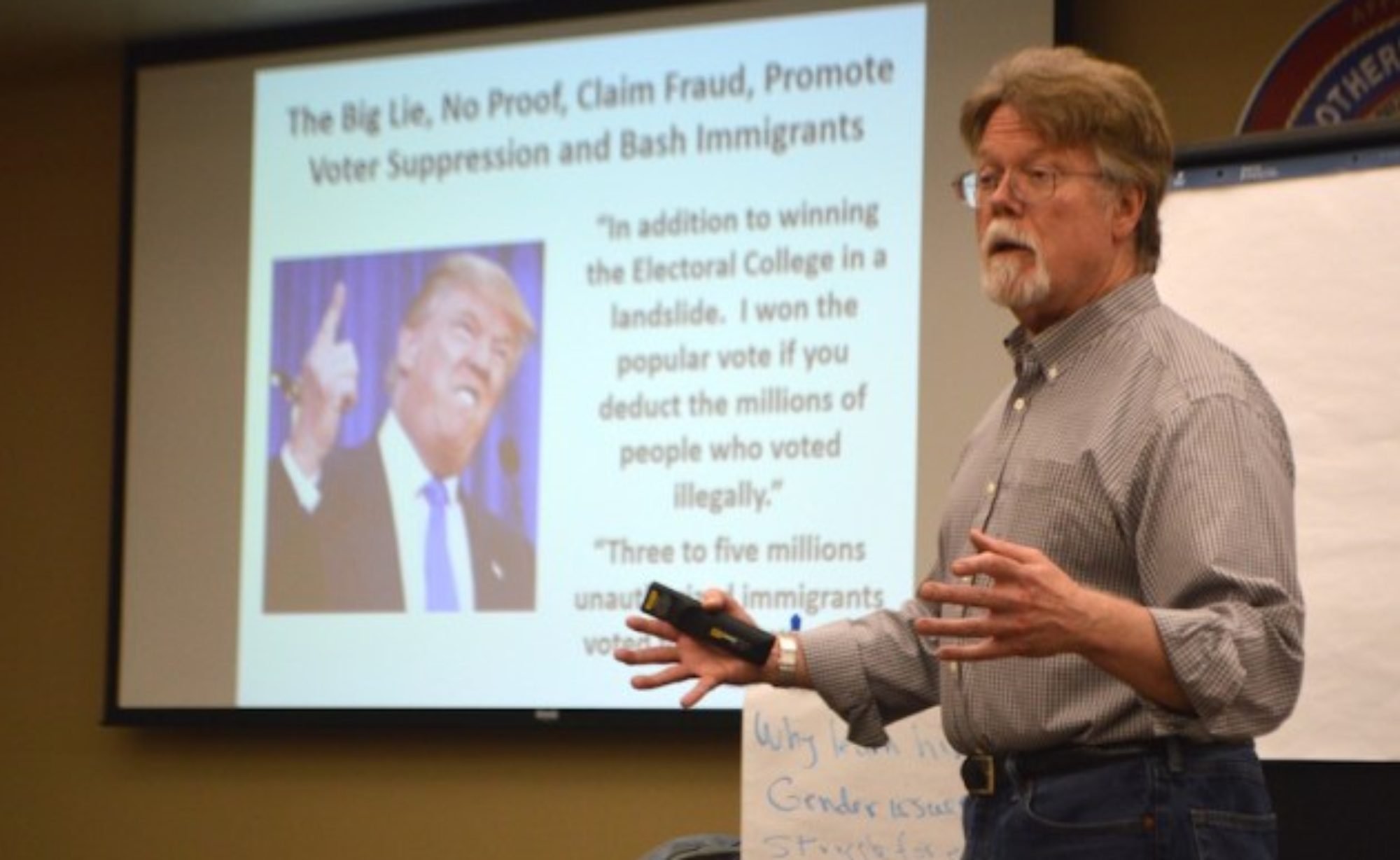As a working class kid in the 1960’s, the rules of life seemed simple. For my parents, work hard, play by the rules, pay your taxes, share fairly in the wealth you create at work and have a secure retirement. For me, they were study hard, play by the rules, get an affordable college education, and reach for dreams beyond those of my parents.
This was the core of the American Dream although many still lacked full access to it because of racism, sexism and other barriers.
Today, these rules no longer work well. Consider the following: Between 1930 and 1975, working people earned 57% of the national income through wages and salaries. By 2010, they only earned 50%. This 7 percentage point difference is $950 billion. If the 96 million households with the lowest incomes got that $950 billion back, their incomes would rise by an average of $10,000.
Anybody opposed to a return to the good old days, when working people got closer to their fair share? Let’s organize to take back the $950 billion!
For the college kids today, they now owe over $1 trillion in student loan debt. Affordable college and reaching for their dreams has gotten awful hard.
reach for their dreams and much more. Wanting is good but making it happen is better.
Many of us have partial solutions. Repeal Citizens United. Raise taxes on the rich. Get big money out of politics. Labor law reform. Strengthen the safety net. Repeal corporate personhood. Preserve Social Security and Medicare. Fix Congress. Tax reform. End persistent race and gender discrimination. Make education more affordable. The list is long.
It isn’t hard to build a comprehensive list. What is hard is drawing strong connections between these badly needed reforms and laying out how we will achieve them.
Here is a framework to make these key connections and refine our strategies to educate and organize for a brighter future for all. These are the six levels of struggle:
- Ensure fair elections which express the will of the people
- Make and enforce laws which serve the people and promote justice for all
- Create and share fairly in the wealth we produce at work
- Raise adequate levels of taxes fairly and require everyone to pay what they owe
- Provide real affordable quality education for everyone
- Strengthen our safety net for everyone to meet their basic needs
A simple exercise is to take your list of reforms and put them in the six categories. But how are they connected and how do we win all of these reforms?
Let’s use a specific example.
I assume you agree that the $950 billion decline in working people’s share of the national income is a big problem. It is hard to imagine a working household that could not use the money.
What are some of the major impacts of this $10,000 loss per household? It is harder to pay the mortgage or rent, buy a house, send your kids to college, save for retirement and more.
Wow! Pass the Prozac or a bottle of whiskey. Reality is not good. What to do with these growing long-term systemic sources of injustice? We want our $950 billion back, our kids to be able to reach for their dreams and much more. Wanting is good but making it happen is better.
So let’s sum up. When we lose the ability to demand our fair share at work (Level 3), we have a harder time sending our kids to college (Level 5). We will need more of the safety net (Level 6) and additional tax revenues will be needed (Level 4).
Let’s change the rules to restore fairness at work and the right to organize unions so we can get our fair share (Level 2). This will reduce pressure on the bottom four levels. But wait, how do we elect leaders who will serve our interests and not those of corporate America and the wealthy? (Level 1).
We working people and our allies must overcome the power of entrenched money in elections and then elect people who will make and enforce laws barring the influence of the wealthy.
So how will we gain the economic and political power to get our $950 billion back? We support unions when they are under attack and when they are organizing new members. As a community, we organize economically and politically to ensure our elected leaders will change the laws in our interest. We can do this just as our ancestors did before us.
To be continued…
